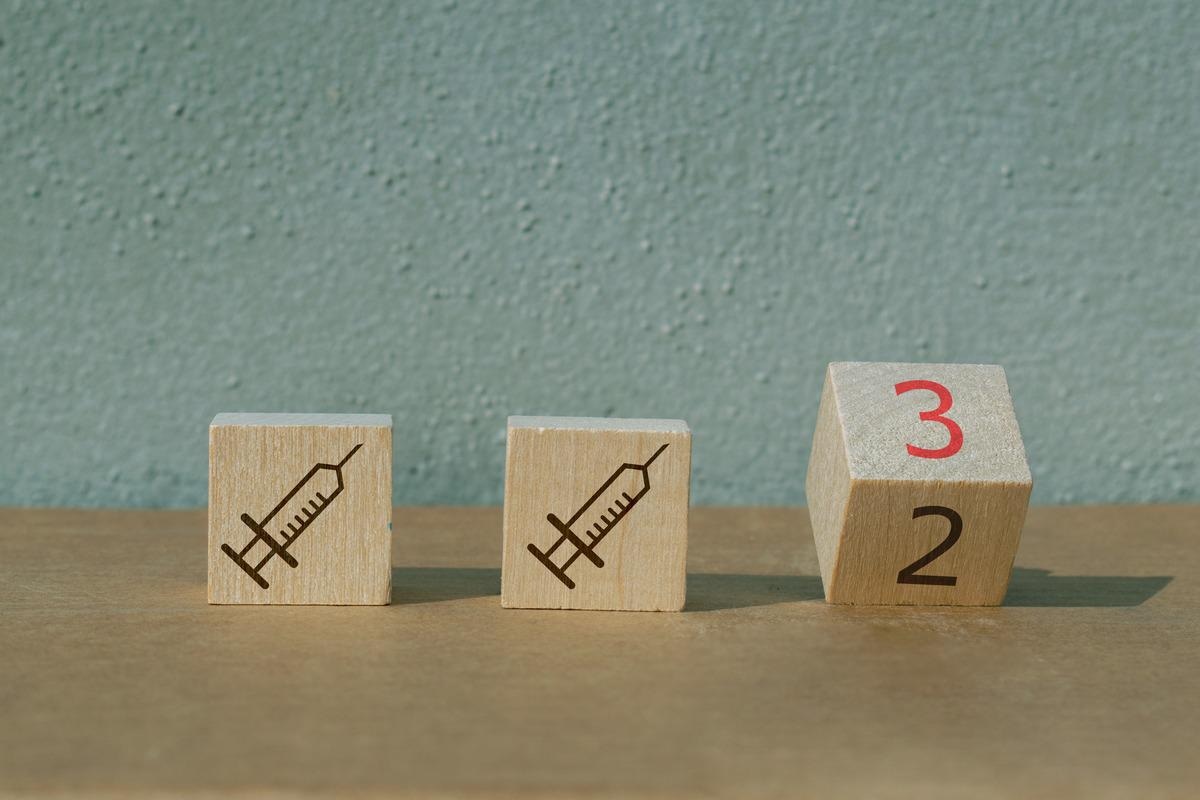In a recent study posted to the medRxiv* preprint server, researchers assessed the efficacy of a third dose of coronavirus disease 2019 (COVID-19) vaccine in anti-CD20 antibody-treated individuals.
 Study: Promising efficacy of following a third dose of mRNA SARS-CoV-2 vaccination in patients treated with anti-CD20 antibody who failed 2-dose vaccination. Image Credit: No-Mad/Shutterstock
Study: Promising efficacy of following a third dose of mRNA SARS-CoV-2 vaccination in patients treated with anti-CD20 antibody who failed 2-dose vaccination. Image Credit: No-Mad/Shutterstock

 This news article was a review of a preliminary scientific report that had not undergone peer-review at the time of publication. Since its initial publication, the scientific report has now been peer reviewed and accepted for publication in a Scientific Journal. Links to the preliminary and peer-reviewed reports are available in the Sources section at the bottom of this article. View Sources
This news article was a review of a preliminary scientific report that had not undergone peer-review at the time of publication. Since its initial publication, the scientific report has now been peer reviewed and accepted for publication in a Scientific Journal. Links to the preliminary and peer-reviewed reports are available in the Sources section at the bottom of this article. View Sources
Background
Anti-CD20 antibodies have been reported to react with expressed CD20 on malignant as well as normal B cells. However, various studies have noted that patients who have a history of treatment with anti-CD20 antibodies had a low response to two doses of messenger RNA (mRNA) severe acute respiratory syndrome coronavirus 2 (SARS-CoV-2) vaccination.
About the study
In the present study, researchers investigated the efficacy of the third dose of mRNA SARS-CoV-2 vaccination in anti-CD20 antibody-treated patients who did not show sufficient response to the two-dose vaccination.
A total of 22 participants with a median age of 74 years, who showed no seroconversion post-second vaccination, were included in this study. All patients received a third vaccination dose with either the BNT162b2 or the mRNA-1273 mRNA vaccines, approximately 18.5 months after the receipt of the last dose of the anti-CD20 antibody treatment.
Among the patients, diagnoses included diffuse large B-cell lymphoma, follicular lymphoma, lymphoplasmacytic lymphoma, and mantle cell lymphoma. It was noted that none of the patients had received chemotherapy post their last dose of anti-CD20 antibodies.
The team estimated SARS-CoV-2 spike 1 (S1) antibody titers with a COVID-19 human immunoglobulin M (IgM)-IgG enzyme-linked immunosorbent assay (ELISA) kit approximately 14 days after the third vaccine dose was administered. Furthermore, the ability of the surrogate biomarkers to produce antibodies was explored.
Results
The study results showed that 50% of the participants displayed seroconversion post administration of the third SARS-CoV-2 mRNA dose. Moreover, none of the patients who had received their third vaccine dose within one year after receipt of the last anti-CD20 antibody treatment showed a rise in S1 antibody titer. On the other hand, 69% of the patients who received their third vaccination more than one year after receiving their last anti-CD20 antibody therapy showed seroconversion. Also, no association was found between the proportion of peripheral blood B-cells or CD19-positive cells and S1 antibody titer.
The team also noted that seroconversion was not observed in patients within one year since the last dose of anti-CD20 antibodies. Furthermore, 30% of the patients did not show seroconversion even more than one year after the final anti-CD20 antibody dose was administered.
Moreover, the rate of seroconversion also did not show any rise with advancing years after the last dose of anti-CD20 therapy.
Overall, the study findings showed that the third dose of the SARS-CoV-2 mRNA vaccine was effective in increasing the rate of seroconversion in patients who were treated with anti-CD20 therapy.

 This news article was a review of a preliminary scientific report that had not undergone peer-review at the time of publication. Since its initial publication, the scientific report has now been peer reviewed and accepted for publication in a Scientific Journal. Links to the preliminary and peer-reviewed reports are available in the Sources section at the bottom of this article. View Sources
This news article was a review of a preliminary scientific report that had not undergone peer-review at the time of publication. Since its initial publication, the scientific report has now been peer reviewed and accepted for publication in a Scientific Journal. Links to the preliminary and peer-reviewed reports are available in the Sources section at the bottom of this article. View Sources